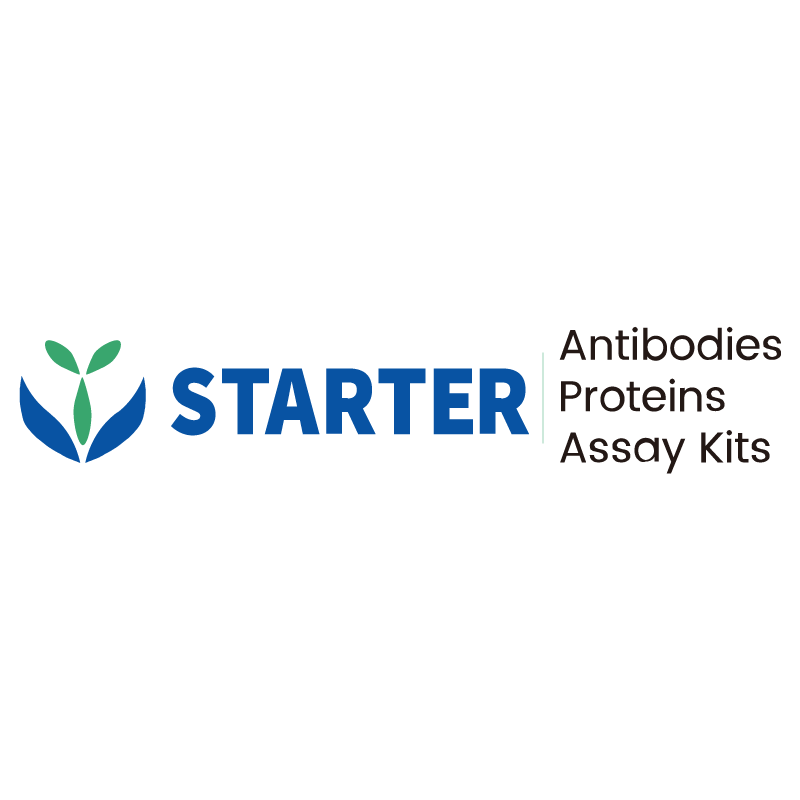Product Details
Product Details
Product Specification
| Host | Rabbit |
| Antigen | Mouse TNFa |
| Synonyms | Tumor necrosis factor; Cachectin; TNF-alpha; Tumor necrosis factor ligand superfamily member 2 (TNF-a); Tnfa; Tnfsf2; Tnf |
| Location | Secreted, Cell membrane |
| Accession | P06804 |
| Clone Number | S-2819-2 |
| Antibody Type | Recombinant mAb |
| Isotype | IgG |
| Application | ELISA |
| Reactivity | Ms |
| Purification | Protein A |
| Concentration | 0.5 mg/ml |
| Conjugation | Unconjugated |
| Physical Appearance | Liquid |
| Storage Buffer | PBS, 40% Glycerol, 0.05% BSA, 0.03% Proclin 300 |
| Stability & Storage | 12 months from date of receipt / reconstitution, -20 °C as supplied |
Dilution
| application | dilution | species |
| ELISA | 1:5000-1:10000 | Ms |
Background
Tumor necrosis factor alpha (TNF alpha) is a multifunctional cytokine that plays a crucial role in regulating immune responses and inflammation. It is primarily produced by macrophages, but can also be synthesized by other cell types including monocytes, neutrophils, and T cells. TNF alpha exerts its effects by binding to two distinct receptors, TNF receptor 1 (TNFR1) and TNF receptor 2 (TNFR2), which are widely expressed on various cell types. It is involved in a wide range of biological processes such as promoting inflammation, inducing apoptosis, and stimulating cell proliferation and differentiation. In the context of immune response, TNF alpha helps to activate immune cells and enhance their ability to combat infections and cancer cells. However, excessive or uncontrolled production of TNF alpha can lead to chronic inflammatory diseases like rheumatoid arthritis, inflammatory bowel disease, and psoriasis. Therefore, TNF alpha is a key target for therapeutic interventions aimed at modulating the immune system and treating inflammatory disorders.


